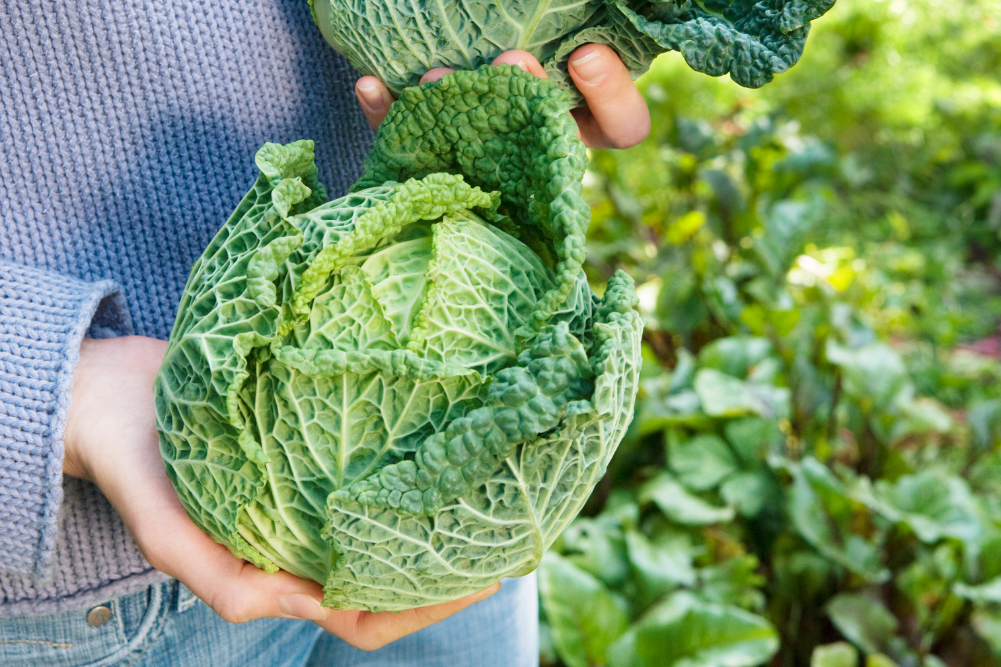Handshakes shake brain
There are all sorts of theories as to why we shake hands. One favoured idea is that we do it as throwback to medieval times when it was a way of displaying that no hidden weapons were being carried. It appears though, that the handshake predates this custom by thousands of years. There are Egyptian hieroglyphs that depict the extended hand meaning “to give†and this is reflected in the Babylonian ritual from around 1800 BCE in which the king clasped the hand of a statue of the god Marduk during the New Year’s festival so that his authority was transferred to the next year. In all likelihood, the roots of the handshake lie in prehistory and we can see the echoes of its human beginnings in chimpanzees when the dominant chimp will extend an open hand to a distressed inferior as a calming gesture. Whatever its origins though, new research has shown that a handshake has an undeniable biological impact at the level of your brain.
Handshakes come in many varieties some of which can be quite distressing: the “limp Lennyâ€, the “slimey mackerelâ€, the “nutcrackerâ€, the “close-inâ€, and the “fade out†all leave the recipient disquieted to some degree. There is certainly a right and a wrong way to perform a handshake and infact researchers from the University of Manchester developed a complex formula for the perfect handshake that incorporated variables like eye contact, spoken greeting, hand temperature, and hand dryness. You can draw your own conclusions as to what makes a good handshake but whatever you decide rest assured of one thing, if you get it right a handshake can make a real difference in your social interactions.
The new research used both male and female subjects who watched and rated animated videos of non-verbal guest and host interactions. In the videos animated figures were shown meeting each other in a business setting where one was the guest and one was clearly the host. As the subjects watched brain activity was measured using magnetic resonance imaging and skin conductance.
The results showed that when the subjects witnessed a handshake there was an increase in activity in the nucleus accumbens, a part of the brain that processes rewards. Other parts of the brain involved in social cognition were also activated (such as the amygdale and superior temporal sulcus). In all, the handshake created a positive perception around the interaction and diminished any negative feelings. So people do form a better impression of someone when they offer a handshake.
Since the participants were observing rather than taking part in the handshake the nature of the handshake was not in play. The study does show however, that handshakes have real biological and psychological impacts whether weapons are on display or not.







